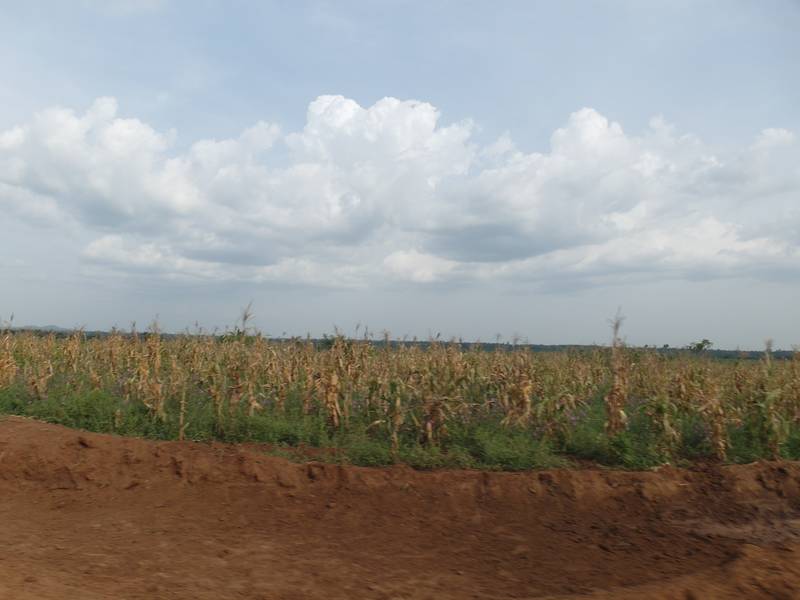Land under the exploration license
The exploration license is a crucial permit that grants the license holder the exclusive right to search for and evaluate the presence of gold minerals or other valuable minerals on a specific tract of land. This license is typically issued by the relevant government agency or regulatory body, and it allows the holder to conduct various exploration activities, such as geological surveys, sampling, and drilling, to determine the potential for mineral deposits.
Once the exploration process has been completed and a gold deposit has been identified, the license holder may then apply for a mining lease. The mining lease is a more comprehensive permit that enables the holder to extract and process the minerals from the land, subject to certain terms and conditions. The mining lease is usually issued for a longer period than the exploration license and requires the holder to meet specific environmental, safety, and operational standards.
In essence, the exploration license is the first step in the process of mineral development, and it provides the license holder with the opportunity to assess the mineral potential of the land before deciding whether to proceed with mining operations. By obtaining an exploration license, individuals or companies can gain valuable insights into the geological characteristics of the land and make informed decisions about the viability of mining projects.


